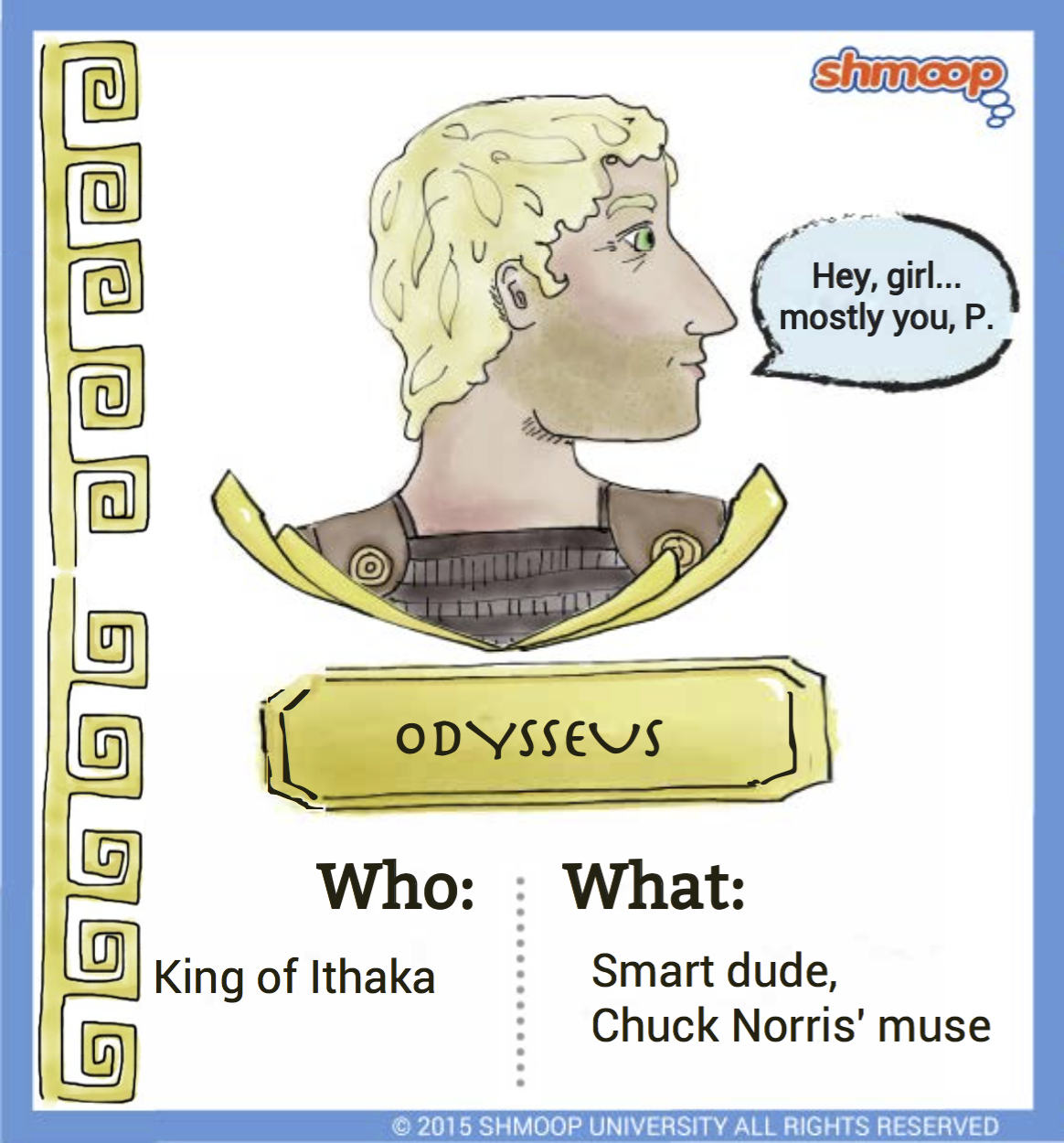
While the Iliad tells the story of the Trojan War, the Odyssey picks up after the war is over, when Odysseus, the king of Ithaca, is trying to make his way home.īoth poems are traditionally attributed to the Greek poet Homer, but since they almost certainly originated as oral performances and not written texts, it’s hard to tell whether a single person composed them, or whether they are the result of many different creators and performers refining and contributing to a story over a period of time. As Wilson puts it, “the question of who matters is actually central to what the text is about.” Why it matters for a woman to translate the OdysseyĬomposed around the 8th century BC, the Odyssey is one of the oldest works of literature typically read by an American audience for comparison, it’s almost 2,000 years older than Beowulf.

It offers not just a new version of the poem, but a new way of thinking about it in the context of gender and power relationships today. Written in plain, contemporary language and released earlier this month to much fanfare, her translation lays bare some of the inequalities between characters that other translations have elided. In the course of the poem, that man plots his return home after fighting the Trojan War, slaughters the suitors vying to marry his wife Penelope, and reestablishes himself as the head of his household.īut the Odyssey is also about other people: Penelope, the nymph Calypso, the witch Circe, the princess Nausicaa Odysseus’s many shipmates who died before they could make it home the countless slaves in Odysseus’s house, many of whom are never named.Įmily Wilson, the first woman to translate the Odyssey into English, is as concerned with these surrounding characters as she is with Odysseus himself. It says so right at the beginning - in Robert Fagles’s 1996 translation, for example, the poem opens with the line, “Sing to me of the man, Muse, the man of twists and turns.”


 0 kommentar(er)
0 kommentar(er)
